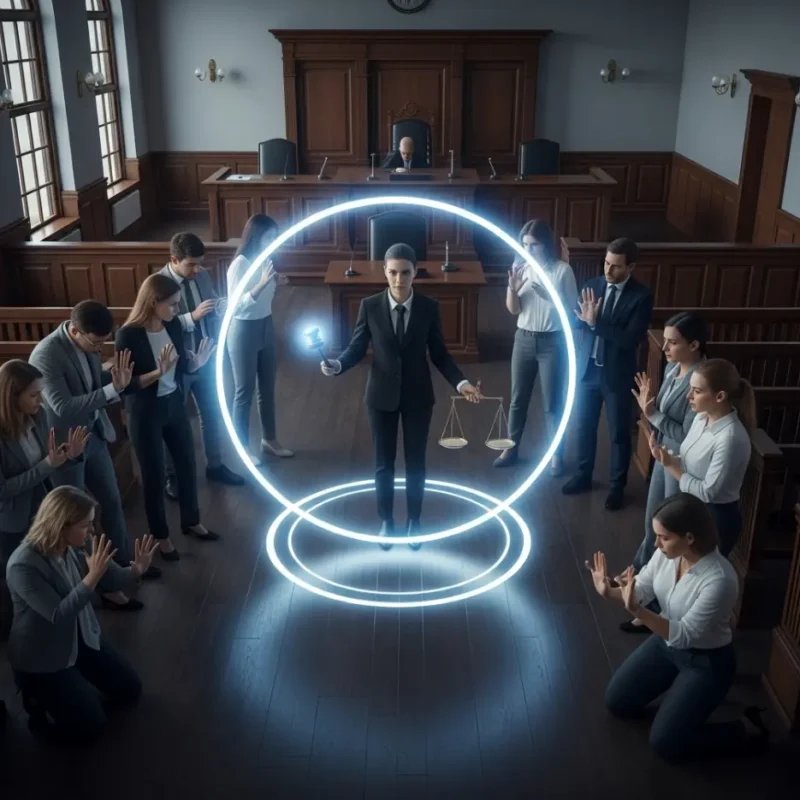What Is Legal Jurisdiction?

Legal jurisdiction is one of the most fundamental concepts in law. It defines a court’s power to hear a case, make rulings, and enforce decisions. Without jurisdiction, any judgment or legal order would be invalid. Understanding jurisdiction is essential because it determines where a lawsuit can be filed, which laws apply, and which court has the authority to decide a dispute.
Simple Definition
Legal jurisdiction is the authority granted to a court or legal body to hear and decide cases. It is determined by law and may be based on geography, subject matter, or the type of parties involved in a dispute.
Real-Life Examples
- Criminal case: A state court in California has jurisdiction over crimes committed within California.
- Civil lawsuit: A contract dispute between businesses in different states may fall under federal jurisdiction.
- Family law: A divorce case is usually heard in the court where the spouses reside.
- International law: A U.S. court may lack jurisdiction to hear a case involving only foreign parties and foreign law.
Importance of the Term
- Prevents conflicts: Ensures cases are filed in the proper court.
- Protects fairness: Stops courts from overreaching their authority.
- Defines legal boundaries: Clarifies the limits of power for each court system.
- Supports efficiency: Ensures that the right cases are heard in the right courts.
Types of Jurisdiction
| Type | Description |
|---|---|
| Subject Matter | Court’s authority over a specific type of case (e.g., family law, bankruptcy). |
| Personal | Court’s power over the individuals or entities involved. |
| Geographic | Authority based on where the event occurred or parties are located. |
| Appellate | Power of higher courts to review lower court decisions. |
| Exclusive vs. Concurrent | Exclusive means only one court can hear it; concurrent means multiple courts can. |
FAQ
1) Can a case be dismissed for lack of jurisdiction?
Yes. If the court lacks proper jurisdiction, the case cannot proceed.
2) Who decides jurisdiction?
Courts determine whether they have jurisdiction before hearing a case.
3) What happens if multiple courts have jurisdiction?
The plaintiff may choose, but defendants can challenge based on fairness or convenience.
4) How does jurisdiction differ from venue?
Jurisdiction is the court’s authority to hear a case; venue is the specific location where it should be heard.
5) Does international law affect jurisdiction?
Yes. Treaties and international agreements can influence which courts have authority in cross-border disputes.
Closing
Legal jurisdiction defines the scope of a court’s authority, shaping where and how disputes are resolved. By ensuring that each case is heard in the correct forum, jurisdiction protects fairness, prevents overreach, and upholds the integrity of the justice system.






